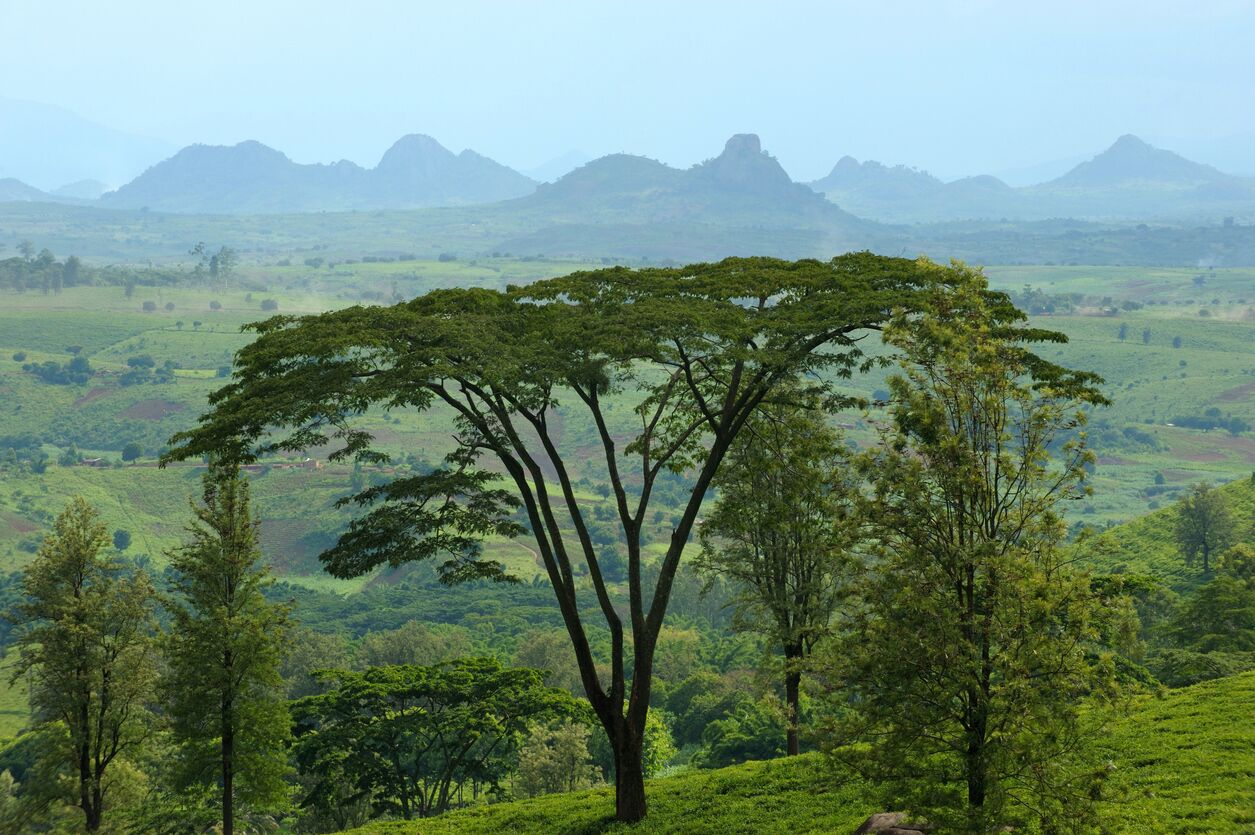Participatory Environmental Monitoring in Mozambique
The National Agency for Environmental Quality Control (AQUA) in Mozambique, in collaboration with Source International and the EGP, has launched a pilot project on community-based water monitoring in the Tete province in the center of Mozambique
This pilot project will specifically look at water issues in the Moatize district, where a large-scale metallurgical coal mine has started operations in 2011. Local communities are concerned with the potential water pollution, which could lead to dramatic consequences as most of the local population relies on water for substance agriculture and fishing. The proximity of the mining operations to tributaries of the great Zambezi river also indicate the potential for contamination that goes much beyond the district of Matize.
In an interview with the EGP, Laura Grassi from Source International and Josimar Biosse from AQUA, explain the expectations around this innovative pilot project and how participatory environmental monitoring can help improve the governance of the mining sector in Mozambique.
EGP: What are some of the main concerns raised by the local communities in Moatize?
Laura Grassi and Josimar Biosse: For the past ten years, local communities in Moatize have been facing significant environmental and linked social impacts from mining operations. The environmental impacts include water and dust pollution, water grabbing and deforestation. These have led to health problems and an increase in social conflicts. The conflicts between communities and mine companies are mainly linked to land and water grabbing.
EGP: What does this pilot project aim to achieve?
Laura and Josimar: There are two main goals: to train local communities to perform basic environmental monitoring of mining activities, and to conduct human rights impact assessments. In parallel, we will also strengthen the capacities of the national authorities (AQUA) to plan and conduct participatory environmental monitoring and human rights impact assessment (HRIA).
EGP: How many communities will participate in the pilot? How are you engaging with them?
Laura and Josimar: We plan to train six communities that are affected by mining operations and who are very interested in receiving both conceptual, scientific and concrete, field-based training on water, air pollution and HRIA.
EGP: Is participatory environmental monitoring a new strategy in Mozambique? Do you also intend to work in other districts and provinces?
Laura and Josimar: Participatory environmental monitoring programmes have been documented to have long-term positive effects all over the world. I believe it can be a useful strategy for Mozambique to strengthen the participation of communities in decision-making and planning around natural resources. We really hope to replicate this pilot in more communities across Mozambique that may express the need for this support.

